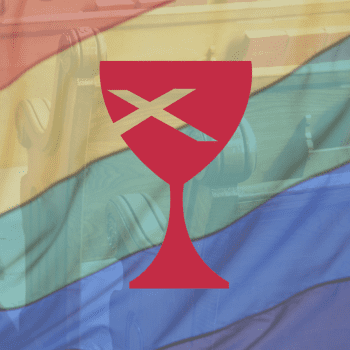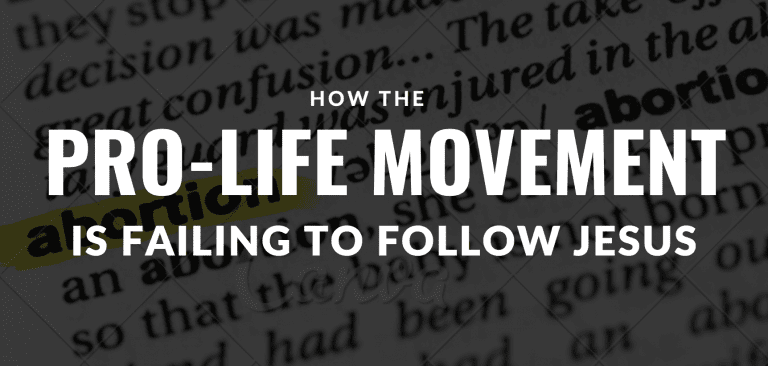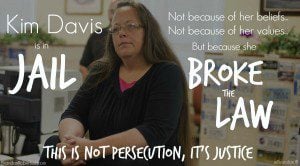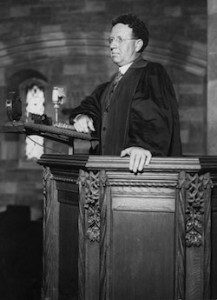About this Series:
 Revangelicals for a Better Tomorrow seeks to provide a platform for Evangelicals who are involved in substantial action in their communities, country, and world concerning the issues that matter. As Evangelicals (“people of the Good News”) we are compelled to live out the Gospel of Jesus in word and deed, seeking to follow Jesus radical example of unconditional love to our families, our neighbors, and even our “enemies”. Through this series, Revangelical will introduce you to voices, movements, and perspectives you many never have heard of before but that are being used powerfully to establish the Kingdom of God throughout our world.
Revangelicals for a Better Tomorrow seeks to provide a platform for Evangelicals who are involved in substantial action in their communities, country, and world concerning the issues that matter. As Evangelicals (“people of the Good News”) we are compelled to live out the Gospel of Jesus in word and deed, seeking to follow Jesus radical example of unconditional love to our families, our neighbors, and even our “enemies”. Through this series, Revangelical will introduce you to voices, movements, and perspectives you many never have heard of before but that are being used powerfully to establish the Kingdom of God throughout our world.
Today, I would like to introduce you to my friend Shane Fenwick. Shane is a student at Macquarie University in Sydney, Australia, currently studying Psychology. Shane is a ragamuffin amazed by God’s grace and love, and is passionate about what it means to live them out in a world that is filled with sin, brokenness, and injustice. He desires to see people transformed by the Gospel, and God’s Kingdom advancing in individuals and communities. He hopes to study Theology at some point in the not too distant future.
_____________________________________________________________________________________________________________
Post by: Shane Fenwick
It’s not every day that an inter-denominational Christian group consisting of priests, ministers, pastors, a nun, and other church leaders are arrested whilst praying in the offices of politicians. What’s more, they weren’t just any politicians’ office. They were the offices of current Prime Minister Tony Abbott and federal opposition leader Bill Shorten (that is, the present alternative Prime Minister of Australia). I chose to be a part of this inspiring group of ordinary people, as a young Evangelical Anabaptist and someone who has personally worked with asylum seekers – including children – held in detention.
Why?
Here’s the scoop. Currently, 1,023 children are being detained indefinitely in Australia’s detention centres. These detention centres are specifically for those who have sought political asylum in Australia, and have been described by experts as ‘factories for mental illness’. Children are particularly vulnerable, with statistics indicating that all children who have spent over two years in an Australian detention centre have developed some form of mental illness. Over the past year or so in Australia, the situation for asylum seekers and refugees continues to deteriorate. Anyone who attempts to seek asylum in Australia by boat is refused entry; either forced to go back, or sent to languish in detention centres in the developing nations of either Nauru or Papua New Guinea. Such a hardline approach by the current Australian government is not just failing to fulfil our international obligations, but does nothing to actually tackle the root issues as to why people risk their lives undertaking a treacherous journey at sea. Rather than working toward a humane solution for these brothers and sisters, we cruelly lock the door to their freedom.
To use a biblical analogy: If Australia was Egypt in the story of the ‘massacre of the innocents’, we would have either sent Jesus back to Bethlehem to face King Herod, or imprisoned him.
As followers of this refugee Jesus today, we cannot stand idly by whilst the indefinite imprisoning of children is being done in our name. Many of us have signed petitions, written letters, spoken publicly, met with politicians, and even offered to house these children in order to get them out of detention. However, this cruel policy still continues. It seems that our cries for justice are falling on deaf ears.
Why, then, have Australian Christians been undertaking nonviolent direct action?
In Martin Luther King Jr.’s Letter from Birmingham Jail, the role of nonviolent direct action is outlined:
“Nonviolent direct action seeks to create such a crisis and foster such a tension that a community which has constantly refused to negotiate is forced to confront the issue. It seeks so to dramatize the issue that it can no longer be ignored… We who engage in nonviolent direct action are not the creators of tension. We merely bring to the surface the hidden tension that is already alive. We bring it out in the open, where it can be seen and dealt with. Like a boil that can never be cured so long as it is covered up but must be opened with all its ugliness to the natural medicines of air and light, injustice must be exposed, with all the tension its exposure creates, to the light of human conscience and the air of national opinion before it can be cured.”
This is exactly what the #LoveMakesAWay movement seeks to do. No longer can the injustice of children in detention remain. Its ugliness must be brought out into the open and exposed; to be seen and dealt with. In undertaking these actions, we chose to continue in the rich tradition of Christian nonviolence; following in the footsteps of those such as Martin Luther King Jr., Bishop Desmond Tutu, Dorothy Day, and Jesus himself. In occupying the offices of these major political leaders and praying, we sought to:
Dramatise the issue; raising public awareness around the seriousness of this unjust policy and forcing the community to confront it
Inspire others – particularly Christians – to nonviolent action
Pray for asylum seekers and refugees being held in detention centres in our name; especially for the 1,023 children being denied the freedom they rightfully deserve
Pray for those around the world who have been forced to leave their homeland due to violence and persecution (or the clear threat of)
Pray for a change of heart in our political leaders; that their hearts may be softened and ears opened to the cries of these asylum seekers, especially the 1,023 children
Pray for forgiveness; acknowledging that we ourselves are part of the problem and must first ‘remove the log from our own eyes’
Pray for us as the church; that we may faithfully follow the biblical mandate to ‘welcome the stranger’
And lastly, to pray for both major political leaders to release these children from detention and work towards a more humane asylum seeker policy
Our action did not seek to dehumanise those responsible for this policy. Though we insist that this policy is evil, we don’t believe these leaders are. They are human beings, just like us, and are not beyond transformation. Rather – in the spirit of nonviolence – we offered an invitation for both political leaders to join us in prayer. Because as believers in the Gospel of reconciliation, we hold firm to the biblical truth that where the kingdom of God manifests here on earth, there we find both the oppressed and oppressors reconciled.
From what I understand, there are currently conversations in the United States around Immigration Reform. In many ways, both Australia and the United States find themselves in similar positions. How will we – as wealthy, privileged nations – respond to the stranger at our doorstep? It is my firm belief that Christians, including those of us who identify as bible-believing Evangelicals, must be the first to proclaim, “Yes! We will welcome the stranger; because we know that as we welcome them we welcome our very Lord.” No longer can we engage in scapegoating the stranger – out of fear – in order to protect our own sense of security and collective identity. How often do we hear stories of people pointing the finger at immigrants, asylum seekers, or refugees; blaming them for our own ills? Such is the nature of scapegoating; an ancient act which humans have undertaken for millennia, perpetuating cycles of retribution and violence. The blame is placed on ‘them’ in order to create and sustain the ‘us’. Rather, as followers of the last scapegoat (as Brian Zahnd puts it), we must seek to embody a kingdom which no longer has to violently scapegoat others in order to sustain us. Our collective identity is centred on the nonviolent, victorious Lamb. We embody an alternative to the systems of this world which scapegoat; never-ending cycles of violence which victimise the vulnerable in order to sustain ‘our’ safety, security, and prosperity. The power of this unjust cycle is broken when we – as the church – welcome, embrace, include, and love the stranger. And furthermore, we must have the courage to prophetically call out and resist policies within our own nations that commit this very injustice. As Father Claude Mostowik – one of the church leaders involved in the action – said in a recent TV interview, “The call to welcome the stranger is a Gospel mandate.”
How are you seeking to welcome the stranger?
How are you seeking to welcome Jesus through welcoming the vulnerable knocking on our door?
To connect further with opportunities in Australia, visit the #LoveMakesAWay Facebook page
Photos from the action can be viewed here











